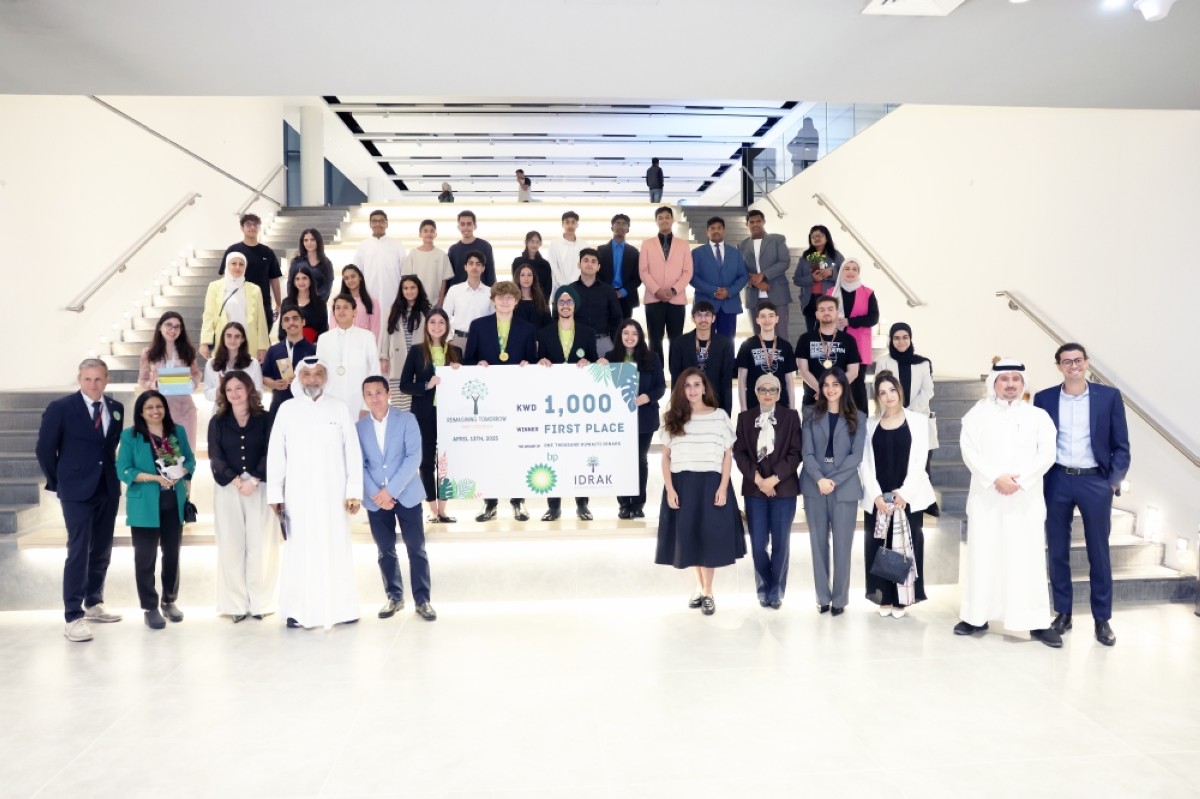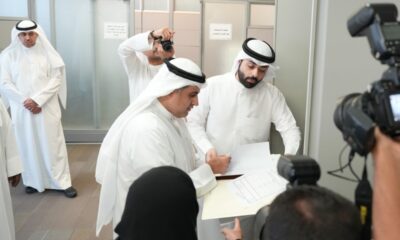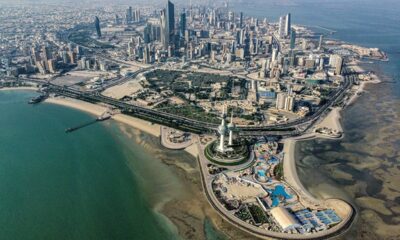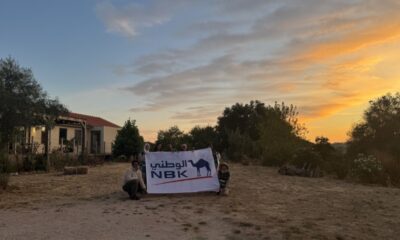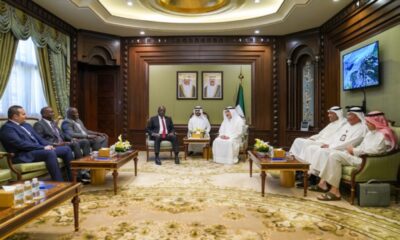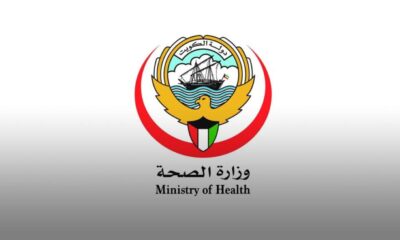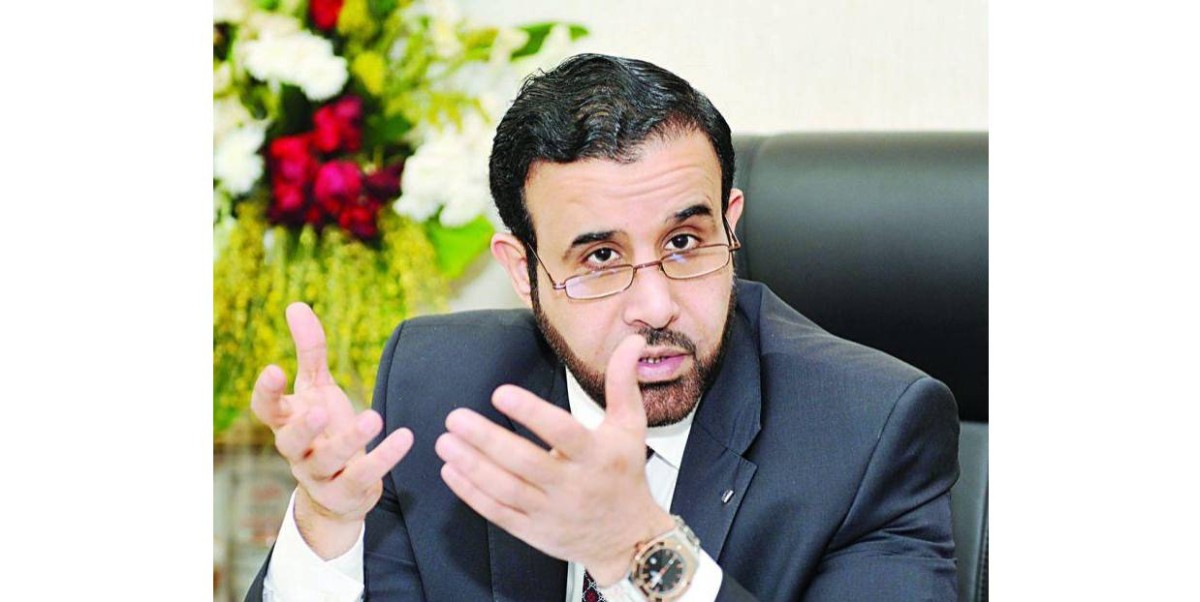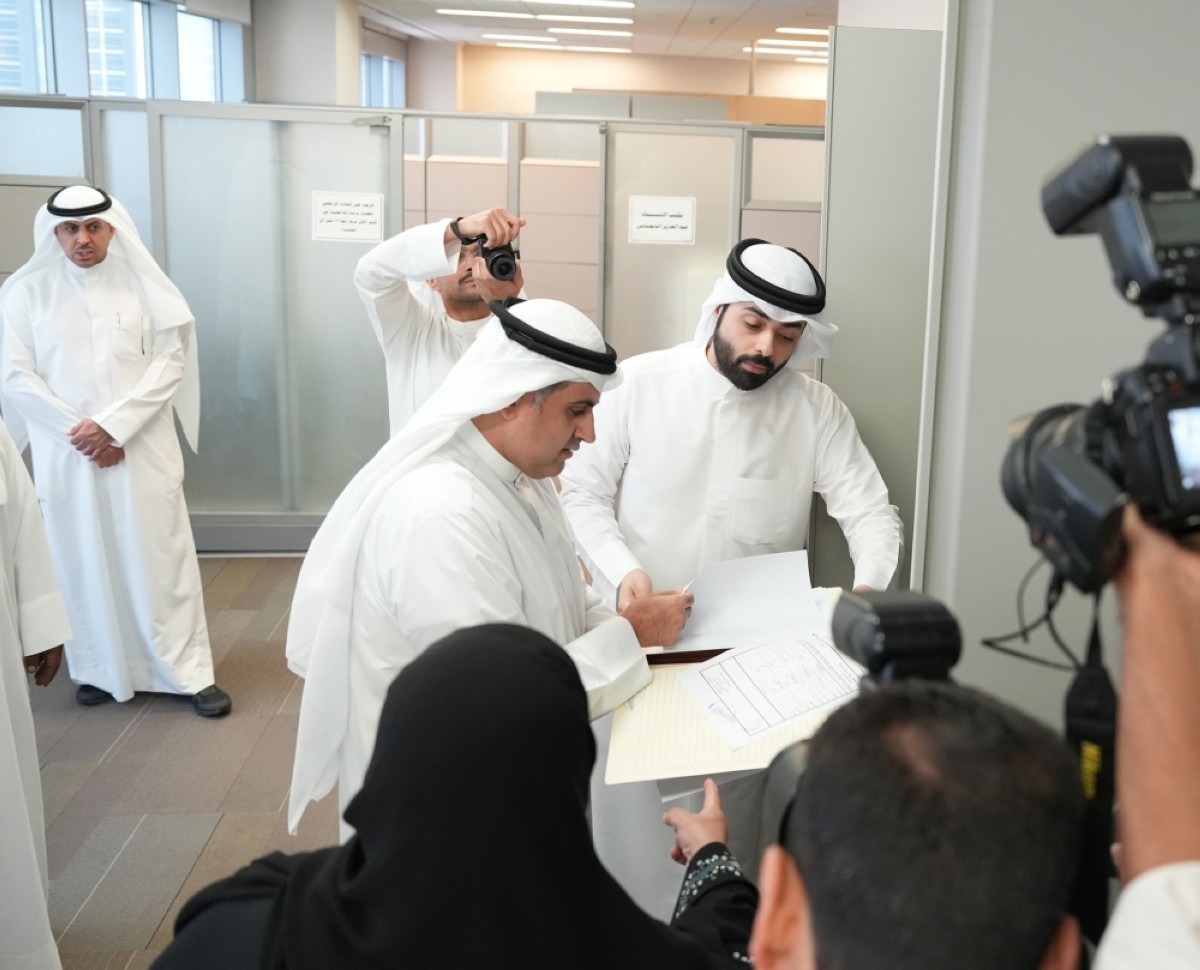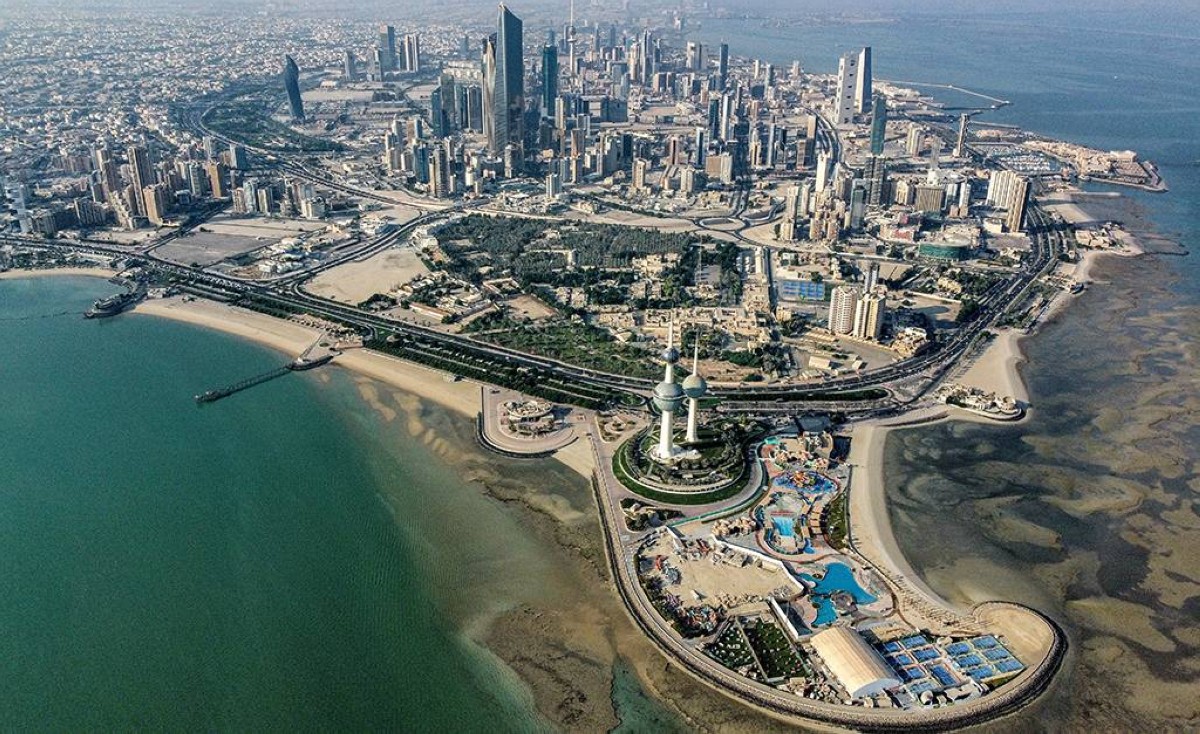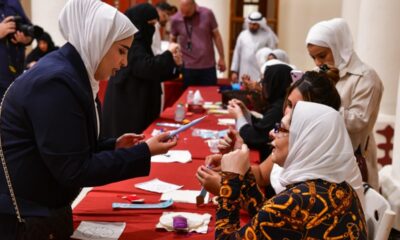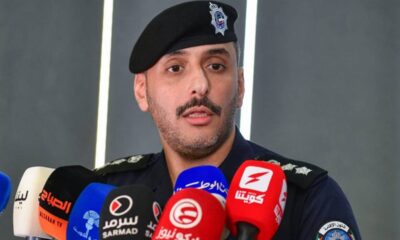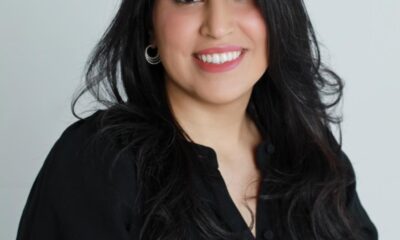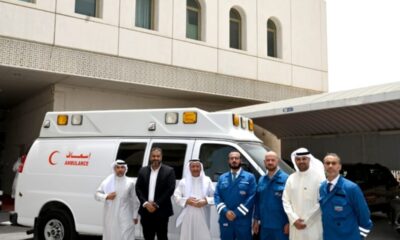KUWAIT: bp Kuwait in collaboration with IDRAK Training and Consultancy has launched a transformative initiative aimed at inspiring high school students to reimagine the future of energy through STEM-focused innovation.
In a press statement, Mubarak Jassim Aljassim, Chairman of IDRAK, emphasized the importance of corporate partnerships in youth development, stating: “We are proud to partner with bp in delivering this impactful program. It’s part of both our organizations’ commitment to corporate social responsibility and national development. This initiative supports Kuwait’s Vision 2035 by investing in the future leaders of science, technology, and sustainability.”
He added: “After the initial screening, we provided selected students with training sessions on various STEM topics. bp’s team contributed with their technical knowledge, while we supported them in project development and presentation skills.”
Adel Alansari, Communications and External Affairs Specialist of bp Kuwait, highlighted the social investment program’s scope and purpose, noting that the program started with a wide pool of student applicants. After multiple screening phases, they reached a final selection of around 50 students who are presenting their projects today to a panel of esteemed judges, adding “This program wouldn’t have been possible without our social investment partner, IDRAK Training and Consulting, whose support has been instrumental.”
Mubarak Jassim Aljassim, Chairman of IDRAK, and Judge Anar Aliyev, review a project by one of the teams.
Teams from from several schools across Kuwait showcase their submissions to the “Reimagining Tomorrow: Kuwait’s Youth in STEM” initiative.
(From left) Nada ElGhossein, Mubarak Jassim Aljassim, Anar Aliyev, and Adel Alansari pose for a photo at the event.
The initiative, named “Reimagining Tomorrow: Kuwait’s Youth in STEM,” aims to bridge the gap between STEM education and real-world challenges in sustainability and energy. He noted that students were tasked with developing practical solutions in the field of alternative energy and environmental sustainability.
Nada ElGhossein, Director of IDRAK, announced the launch of the program, which invites students from grades 9 to 12 to develop projects aligned with Kuwait’s Vision 2035 and the United Nations Sustainable Development Goals (SDGs). She affirmed to Kuwait Times that they wanted to allow students to apply STEM in a way that directly benefits their communities and the environment.
She added: “The competition received proposals from 22 schools, predominantly private institutions. After a rigorous selection process conducted by a panel of engineers and environmental scientists, where 11 teams advanced to the final round.
ElGhossein noted that among the standout projects were a robotic device designed to collect marine waste, fully coded and 3D-modeled, vertical gardens irrigated using recycled water from school sinks, biodegradable “seed bombs” designed to grow greenery in barren spaces, a product made from everyday waste materials embedded with seeds, transforming litter into plant life, and an educational climate-themed escape room simulating past, present, and future environmental conditions in Kuwait.
She added, “It’s the first program of its kind for high school students in Kuwait. While we often see such opportunities at the university level, this program bridges that gap by engaging younger students in real-world problem-solving.”
She indicated that the initiative also reflects IDRAK’s commitment to Corporate Social Responsibility while providing professional training in sectors such as oil, banking, and leadership development, its CSR efforts focus on preparing high school students for the workforce by helping them explore potential career paths and societal challenges.
“Our goal is to equip students with the skills and awareness they’ll need when they enter the job market. This competition is one way we help them connect what they learn in school with the real world,” she explained.
The judging panel includes professionals from a variety of sectors, including Mrs. Mona Salem, General ICT Supervisor at the Ministry of Education and Sarah Al-Hubail, Entrepreneurship and Innovation at Zain Kuwait. Anar Aliyev, General Manager of bp Kuwait who was also on the panel stated: “The students are presenting on diverse topics all related to renewable and green energy, all aligned to the UN Sustainability Development Goals.”
He added: “We are judging them based on six categories: relevance to the topic, feasibility, scalability, STEM integration, presentation quality, and alignment to the UN SDG’s, each scored on a scale of 1 to 5.”
Aliyev praised the creativity and depth of knowledge exhibited by the students, saying: “I’ve been following their work online and was truly impressed by their ideas. This generation gives me great hope. These students are the future of Kuwait, and they are the ones who will help transition it from an oil-dependent economy to one powered by alternative forms of energy.”
He added that Kuwait, rich in hydrocarbons, must now look toward a sustainable energy future, explaining that this initiative not only educates but also empowers the next generation to lead that transformation.
At the end of the event, winners were honored, and the first place went to the “Green Horizons” team from American United School. The winning team received a prize of KD 1,000, which they may choose to invest in further developing their project. The second place went to “Smart Sprout” from Al Bayan Bilingual School, and third place to “Sea Clean” from Al Ghanim Bilingual School.




